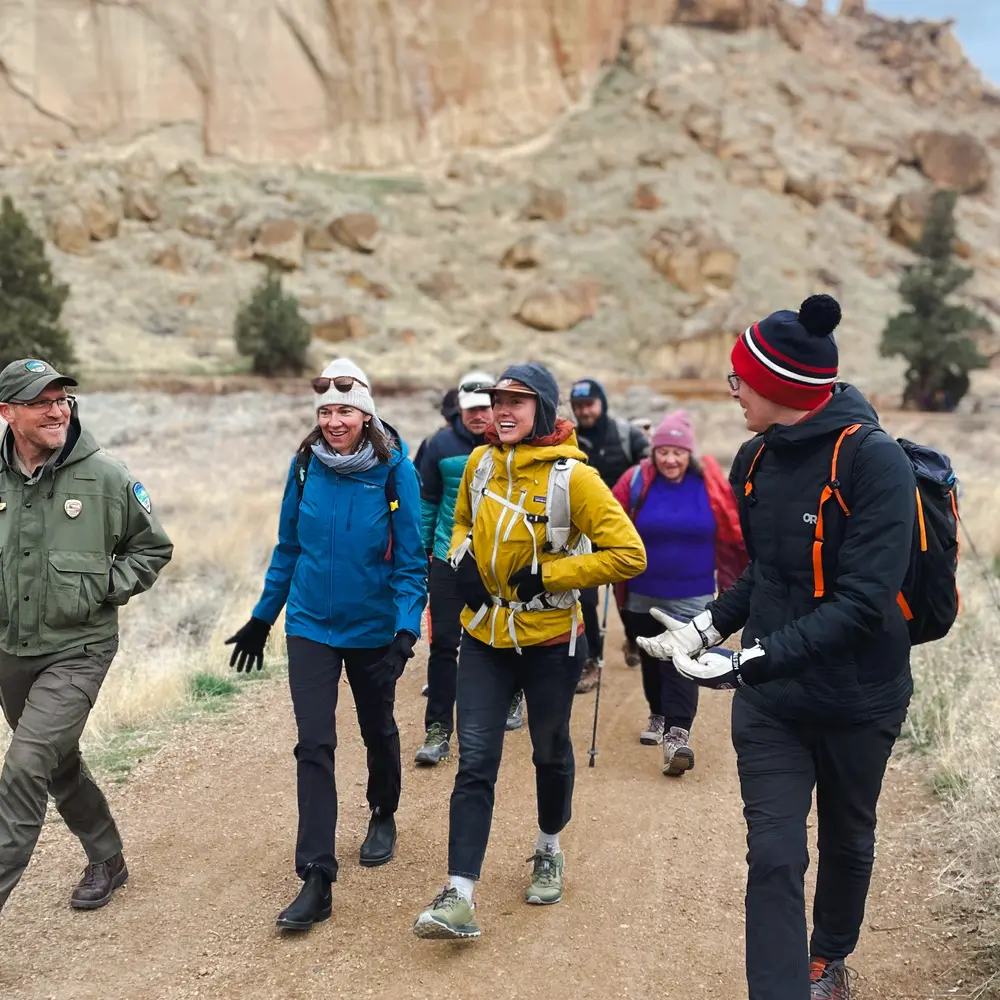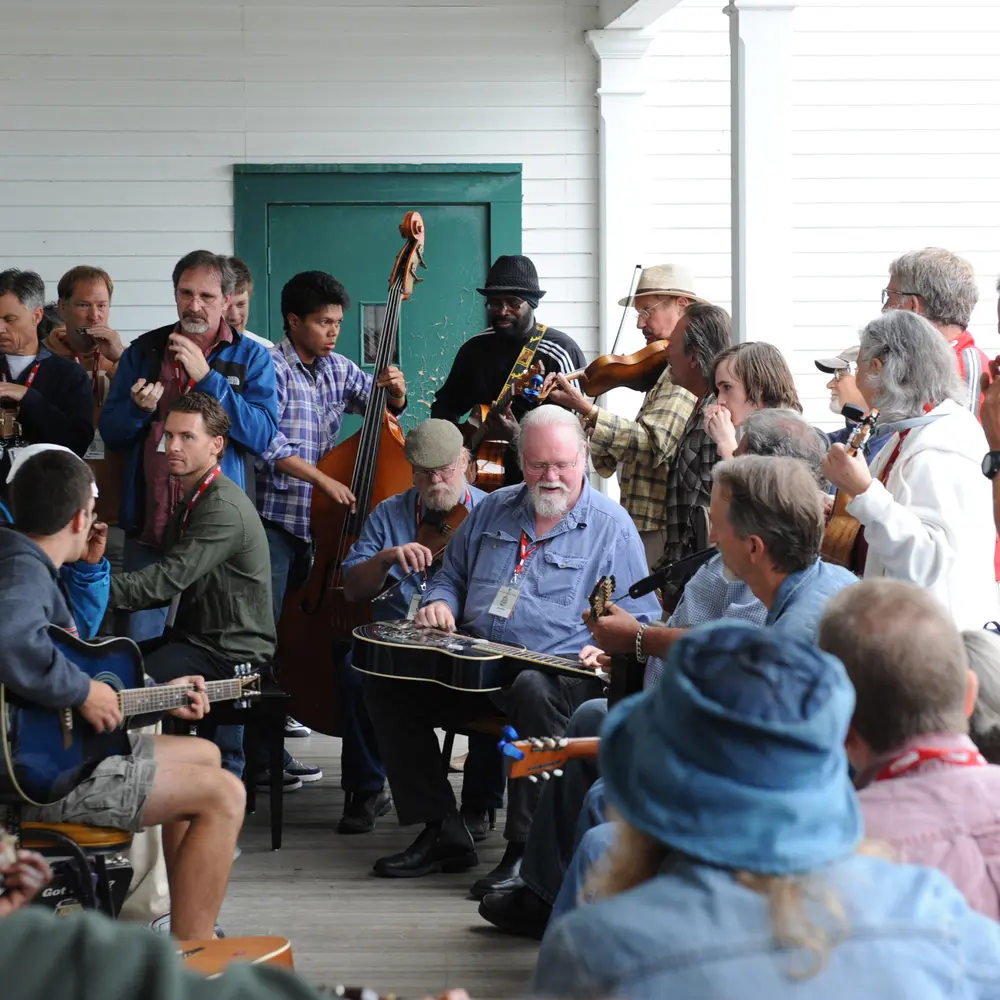Veterans dealing with post-traumatic stress disorder, children with physical disabilities like cerebral palsy or development disabilities like Down syndrome, adults with Multiple Sclerosis, teens with behavioral issues. Day-to-day life for each of these groups of individuals can present a unique set of challenges ranging from how they are able to build relationships and communicate with others to how they are able to physically navigate the world. However, there is also a common bond that can connect these communities. Each of these groups has been proven to benefit from equine therapy.
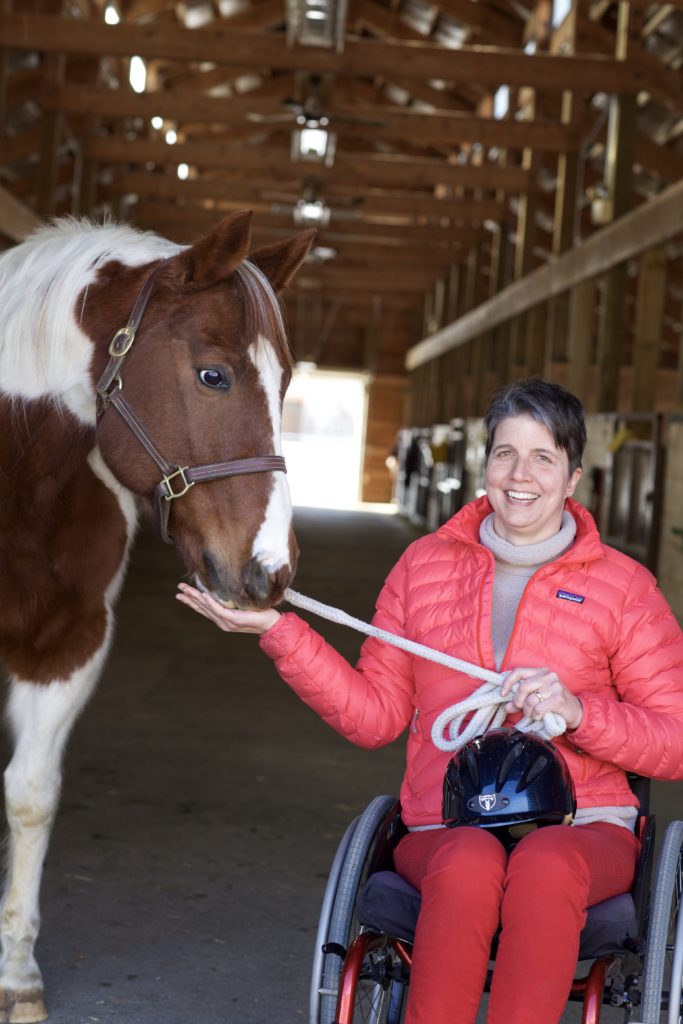
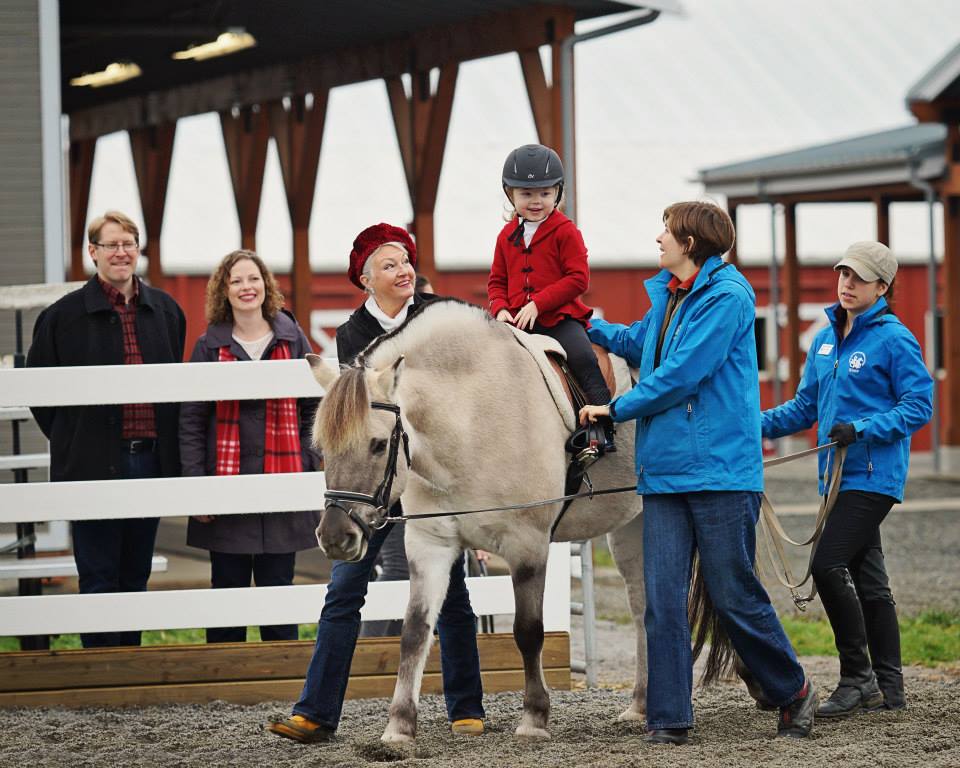
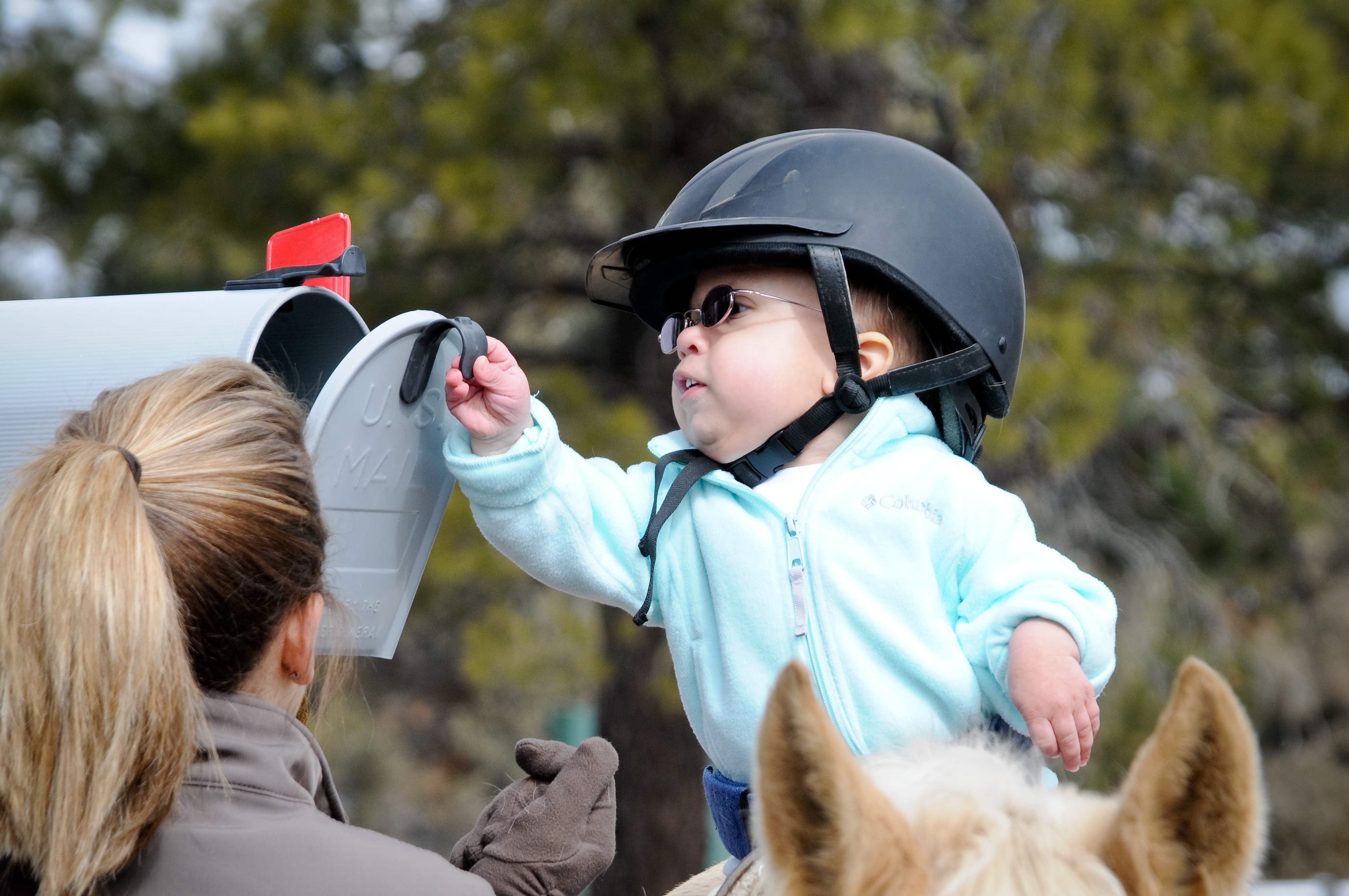
Healing Reins Therapeutic Riding Center
Equine therapy, more commonly known as horse therapy, gives people an alternative method to treating physical, emotional and behavioral issues. Horses are instinctive animals that connect deeply with people and can provide therapy in a unique way by helping to build confidence, improve strength and stability and overall improve the health and wellness of participants. For more than 15 years, the Murdock Trust has partnered with a number of nonprofits around the Pacific Northwest that dedicate their missions to working with horses to meet the therapeutic needs of individuals who perhaps haven’t had success with traditional therapies.
Time in the saddle can be a great complement to the important services provided by physical therapists, counselors, medical and behavioral clinics and disability-supporting organizations, all of which play a critical role in the nonprofit ecosystem. Each of these organizations is essential to creating healthy individuals, families and communities, and we’d like to introduce you to a few horse therapy nonprofits in our region that are doing their part to help ensure that all people have the opportunity to flourish and thrive.
Swiftsure Ranch in Bellevue, Idaho, calls its horses its 1,000-pound therapists, and indeed, horses have a gift for connecting with others. Horses are highly intelligent animals, in tune to the animals and humans around them. They have an instinct for what someone needs and meet emotional needs through the ways they bond with humans. Lessons are adapted to unique physical, mental and emotional needs, and for some individuals, horse therapy can be more effective than traditional therapy, helping riders build strength, balance, coordination and flexibility.
In the early 1970s, Margaret Dunlap discovered that horseback riding slowed the advance of her Multiple Sclerosis. She wanted to help others discover the healing benefits of riding horses and founded Little Bit Therapeutic Riding Center in Redmond, Washington, which provides adaptive riding for people with physical disabilities. Riders experience muscle strengthening, balance improvement and enhanced hand-eye coordination, among many other physical benefits, which leads to an overall improvement in health, in turn improving quality of life and even life expectancy.
Eagle Mount Bozeman provides therapeutic recreation to people with disabilities in Montana, and its horse therapy program is an important part of its therapeutic offerings. Avery, a young man with Down syndrome, was suffering from anxiety, depression and panic attacks. He decided to try horse therapy before starting on medication, and his experience was life-changing. Over the past year of receiving horse therapy, Avery’s anxiety and other symptoms have disappeared, which is a testament to the unique ability horses have in not only connecting with humans but providing valuable therapy.
There’s no piece of equipment in physical therapy that can replace a horse’s gait, which mimics the natural three-dimensional movement of the pelvis during walking and helps enhance neuro-motor function and sensory processing, while improving posture, balance, mobility and function. Adaptive riding for people with disabilities or other physical, cognitive and educational needs is the cornerstone of Healing Reins Therapeutic Riding Center in Bend, Oregon. In addition to hippotherapy (physical therapy on a horse), Healing Reins’ horses provide an alternative therapeutic resource to people struggling with anxiety, empathy, self-worth, social awareness and other emotional and behavioral needs, as well as special therapies for people with Traumatic Brain Injury, post-traumatic stress disorder and other trauma.
There are countless benefits to horse therapy. Riding builds character, confidence and self-esteem, while providing access to the outdoors and neuromuscular stimulation. The ripple effects of the results of equine therapy are nearly endless, touching so many parts of a person’s physical, mental and emotional being, which in turn affects the people they come in contact with, helping create stronger and healthier communities. Learn more about therapeutic organizations supported by the Murdock Trust by browsing our Grants Awarded page.
The post Grant Stories: Horse Therapy appeared first on M. J. Murdock Charitable Trust.

